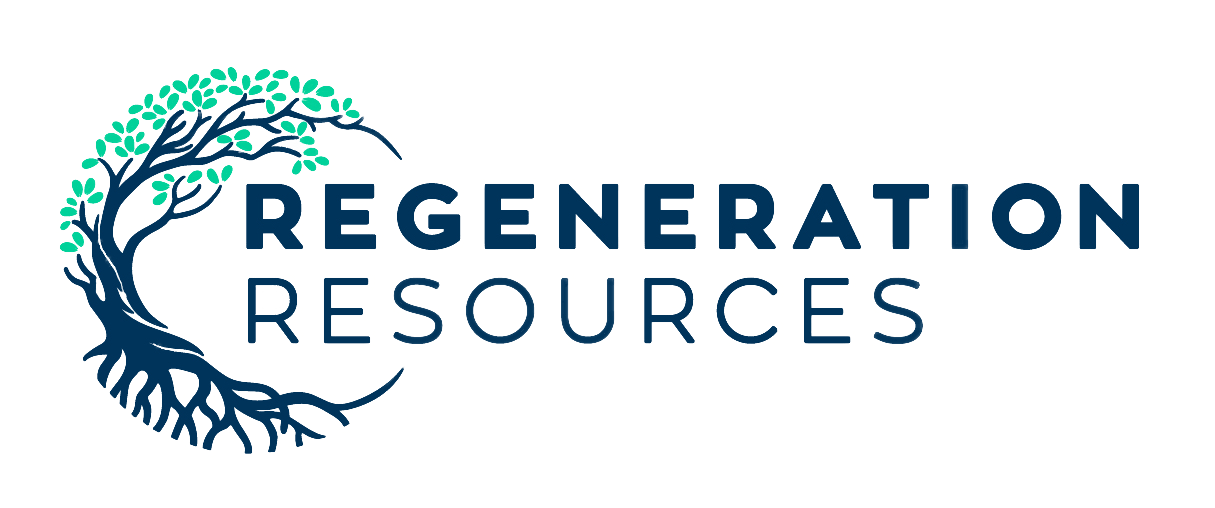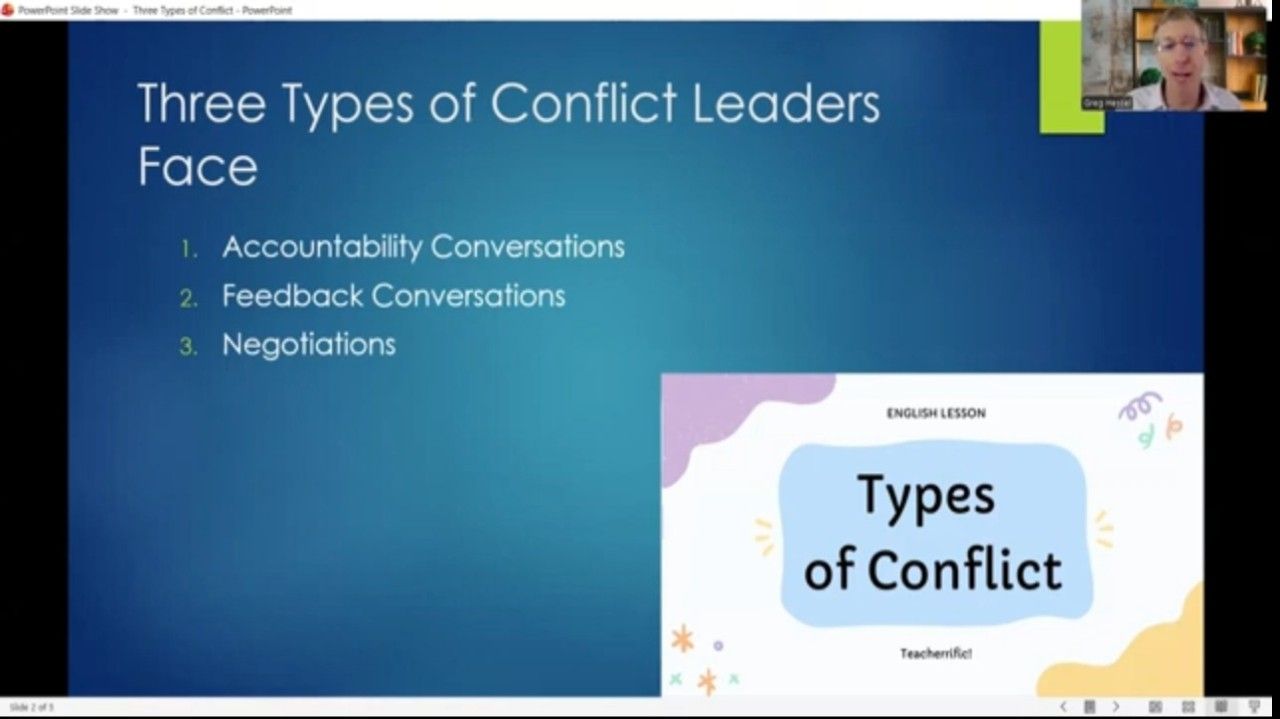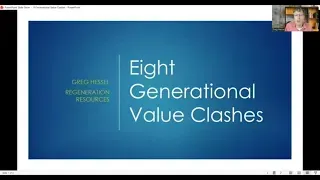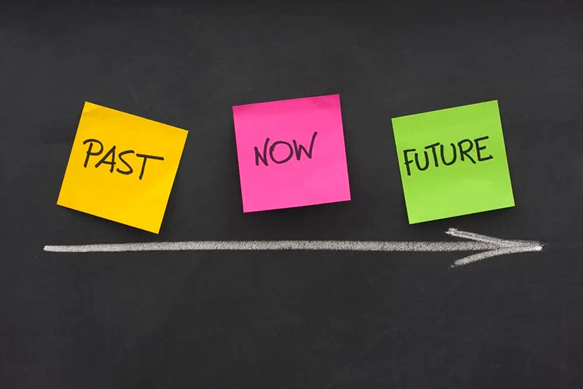Why Conflict Management Tools Often Don't Work
How to Better Utilize What You Already Know

When I conduct conflict resolution workshops, most people enter wanting to acquire new tools. However, most people already have a lot of tools. When I ask people, “What makes conflict go well?”, most groups can easily name one to two dozen tools or mindsets (like being open-minded) that will help. Many of the tools people already know, like actively listening, empathy, or validating the other person are powerful and can be extremely helpful.
I’ve concluded that the problem is not that we don’t know what to do. Rather, the problem is that we don’t do what we know. So, rather than learn new tools, I think it is more effective to focus on overcoming the barriers that keep us from accessing tools that we know.
I think there are four primary barriers.
First, intentions matter. If we show up wanting to win or wanting to get a few jabs in, things may not go well. Showing up with intentions of caring and curiosity usually get us off to a good start.
Second, sometimes we have bad conflict habits that we need to change. Maybe we always interrupt others or don’t read the room well. It can be hard to change habits. But we need to assess ourselves honestly and commit to changing habits that are not effective.
Third, emotions can derail us. If we can’t manage our own emotions, we won’t be effective in conflict. And by “managing our emotions”, I don’t mean pretending they are not there. Rather, we must be aware of our emotions without dumping them on others or blaming others for them. In theory we all know we are responsible for our own emotions. But in practice when I’m angry it is because someone made me angry. My anger is their fault.
Finally, our internal narratives and bias can keep us from accessing the tools that we know. We think that whatever we think is true, just because we think it. Assuming that, if I think someone else is wrong or stupid, there is no reason to actively listen to them. So, we have to be aware of, and negotiate with, our thoughts, rather than being attached to them as “the one truth”.
After over 20 years of helping people move through conflict, I’m convinced that focusing on overcoming these four barriers is much more effective than learning new conflict tools or techniques.
Every few months I produce a free newsletter. No Spam. Unsubscribe anytime.
For a taste, view the archives
SUBSCRIBE
Blogs and vlogs are sorted by topic at the bottom of each service page
STRATEGIC PLANNING
CHANGE MANAGEMENT
CONFLICT MANAGEMENT
TEAM BUILDING
ASSESSMENTS
EXECUTIVE COACHING
IMPROVING EFFICIENCY
BOARD DEVELOPMENT




